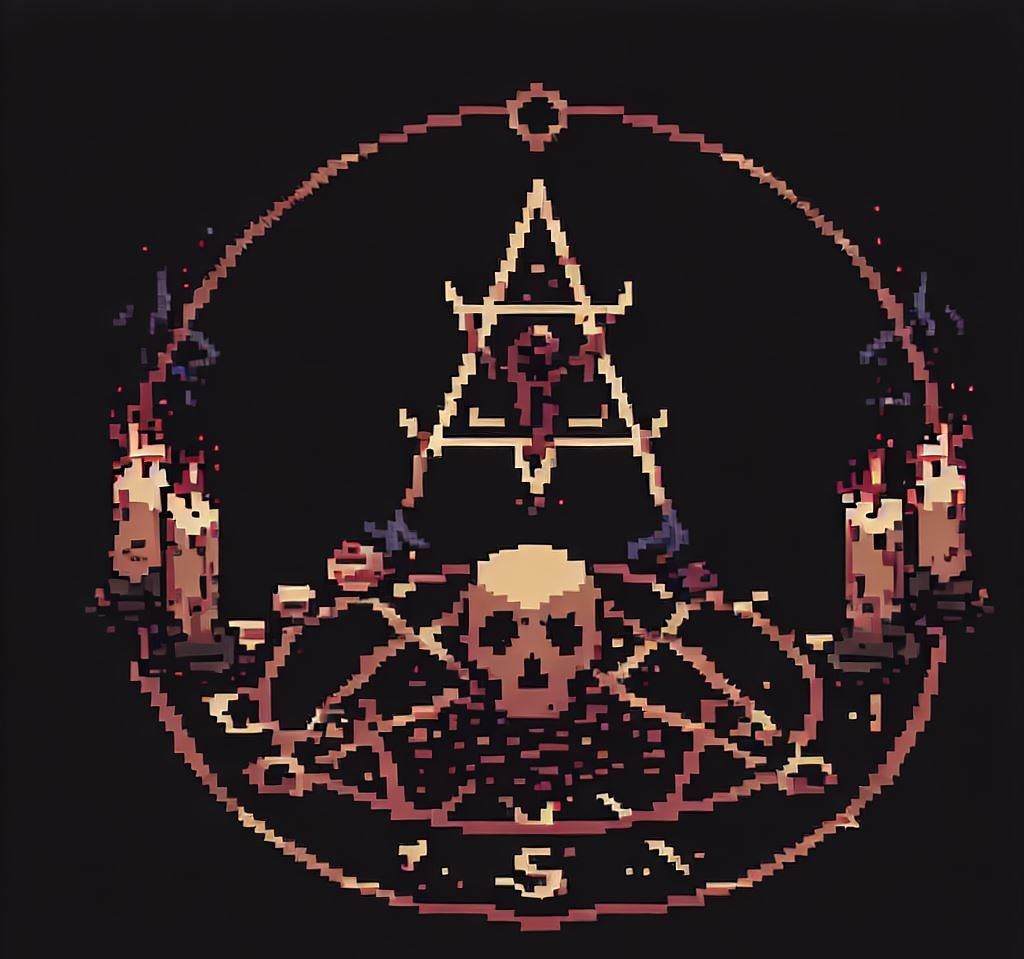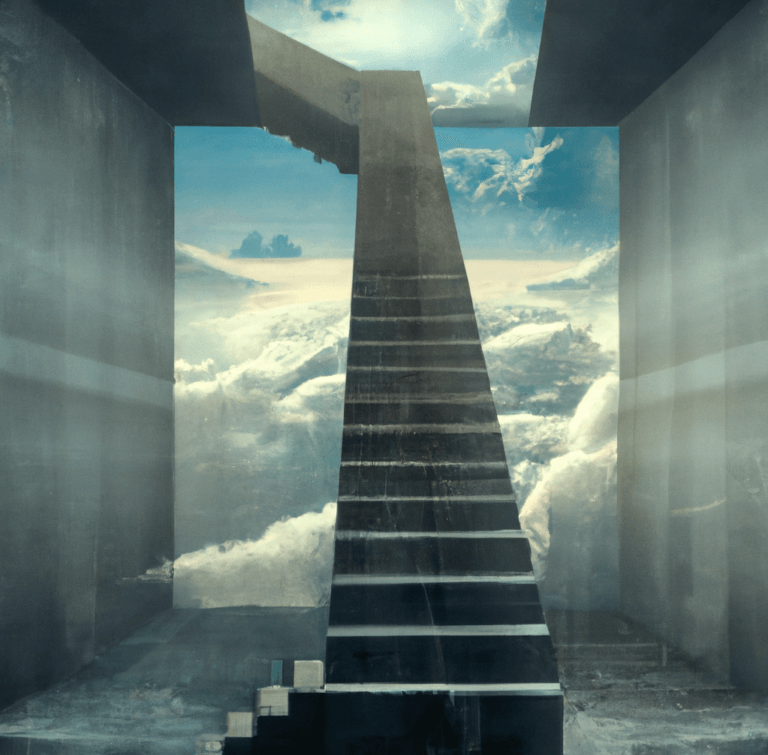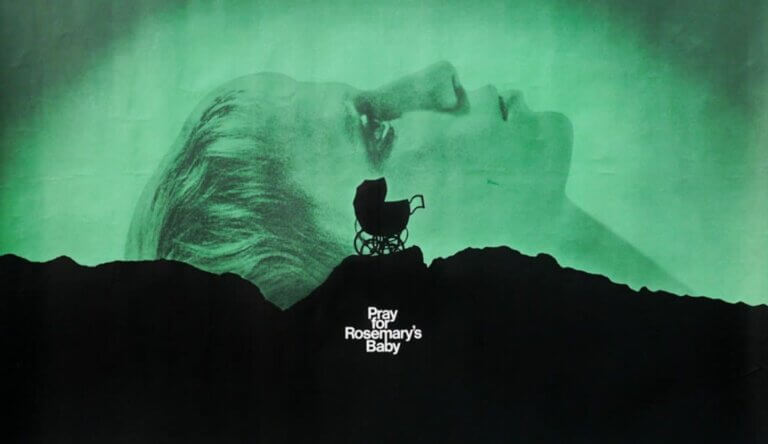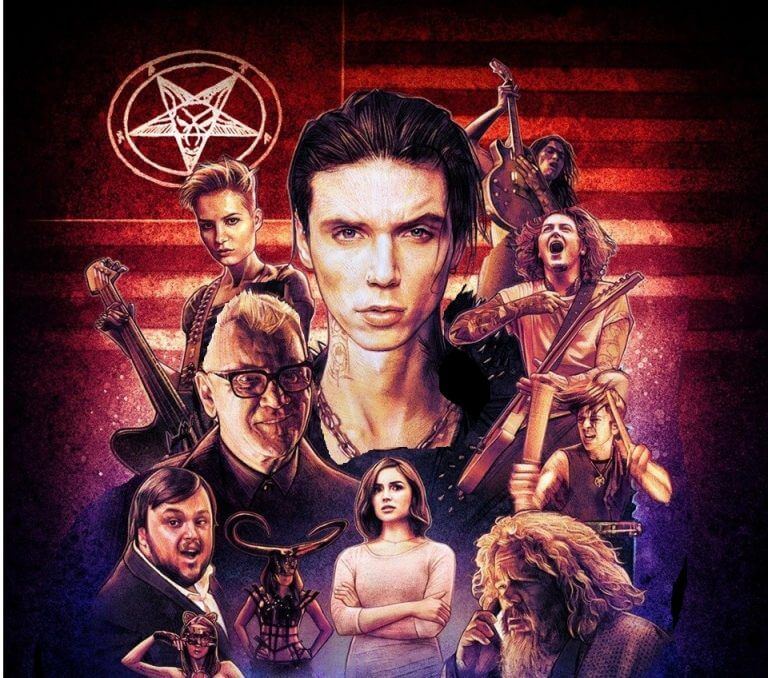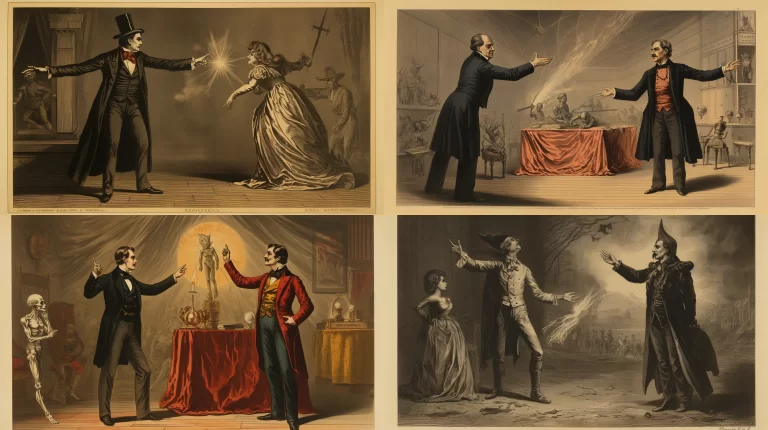The Influence of the Occult on Video Games
Introduction:
Video games offer a platform for immersive storytelling, where players can embark on thrilling adventures and explore captivating worlds. Among the many themes that shape game narratives, the occult has emerged as a notable and occasionally controversial influence. This article delves into the impact of the occult on modern video games, examining how it has shaped game development, storytelling, and player experiences through a range of compelling examples.
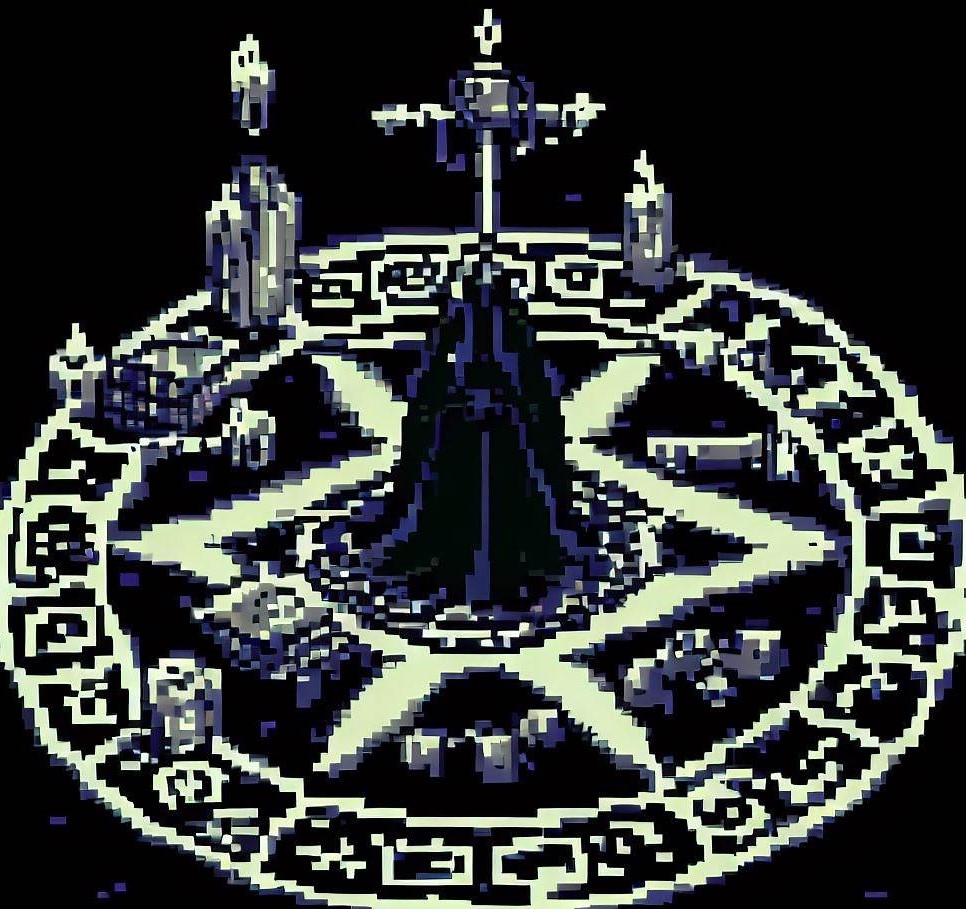
Exploring the Occult in Video Games:
The occult’s presence in video games is evident through various titles that draw inspiration from its mysticism, dark rituals, and supernatural elements. Let’s explore a few notable examples:
“Bloodborne”:
This gothic action role-playing game immerses players in a nightmarish world filled with occult themes. Lovecraftian-inspired environments, ancient cosmic entities, and eldritch secrets create a haunting atmosphere.
“Silent Hill” series:
Renowned for psychological horror, the “Silent Hill” franchise delves into occult concepts. It explores haunted towns, ritual sacrifice, ancient cults, and otherworldly dimensions, enveloping players in a nightmarish experience.
“Amnesia: The Dark Descent”:
In this first-person survival horror game, players confront occult phenomena within a mysterious castle. Dark rituals, cryptic notes, and the exploration of one’s sanity make for a terrifying journey.
“Elder Scrolls” series:
These fantasy role-playing games incorporate occult elements, including spells, summoning rituals, and magical artifacts. The game’s lore offers opportunities for players to engage in occult practices within its immersive world.
“Bioshock”:
Combining science fiction with occultism, the “Bioshock” series presents an underwater city teeming with dark history. Players encounter genetic experiments, mind control, and occult symbolism, creating an unsettling atmosphere.
“Hellblade: Senua’s Sacrifice”:
This psychological action-adventure game delves into Norse mythology and ancient Celtic beliefs. Players guide Senua, a warrior grappling with psychosis, through a nightmarish landscape of mythological entities and occult rituals.
“Alan Wake”:
In this psychological thriller, players become a writer trapped in a dark and supernatural mystery. Blurring the lines between reality and fiction, occult symbolism intertwines with psychological horror.
“Vampyr”:
Set in early 20th-century London, “Vampyr” tackles moral dilemmas and occult themes. As a vampire doctor, players navigate a world filled with supernatural forces, engaging with occult rituals and ethical choices.
“The Witcher” series:
Based on popular fantasy novels, “The Witcher” games immerse players in a world steeped in folklore and occultism. Players encounter magical creatures, dark rituals, and complex moral decisions as they embody the monster hunter Geralt of Rivia.
“Resident Evil” series:
Known for survival horror, the “Resident Evil” games often incorporate occult elements. Sinister organizations, bioengineered monstrosities, and ancient viruses rooted in occult practices contribute to the intense and supernatural gameplay.
Conclusion:
The occult has exerted a significant influence on modern video games, enriching narratives with its mysticism, dark rituals, and supernatural entities. From atmospheric horror games to expansive fantasy worlds, the occult’s presence can be seen in various aspects of game development, character design, and immersive storytelling. Through these games, players can explore the enigmatic realms of the occult and experience the thrill of engaging with its dark and mysterious forces.
